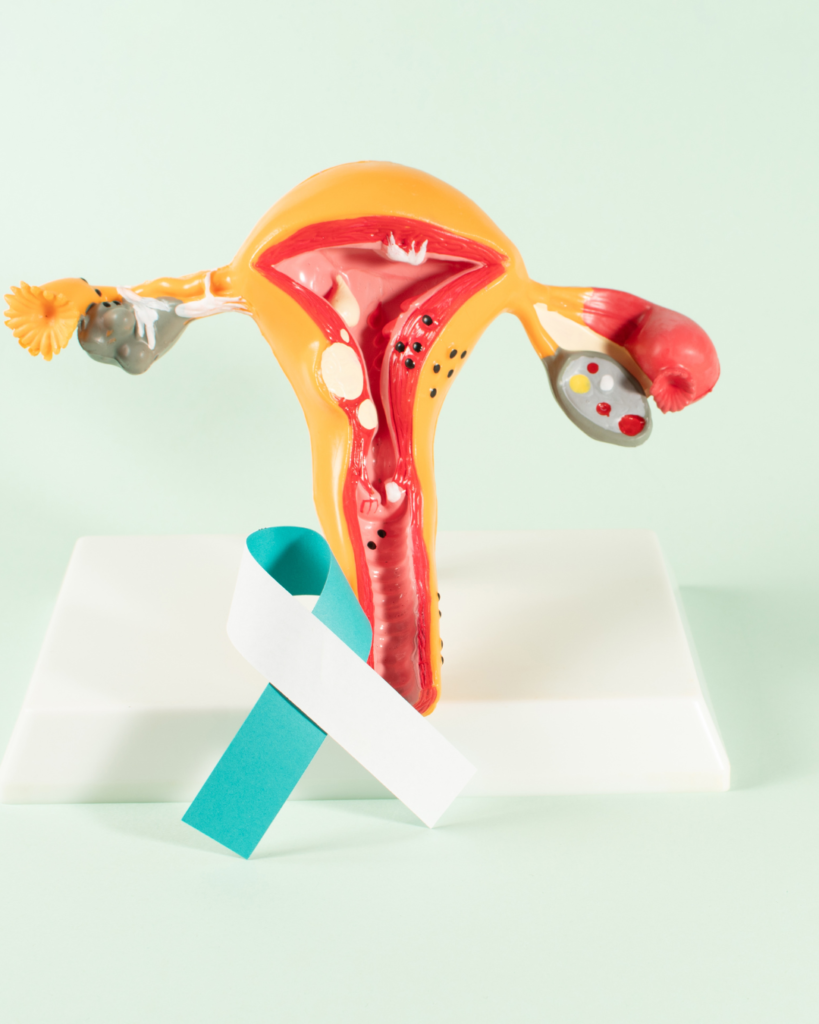Cervical Cancer Awareness: Early Detection Can Save Lives
By Dr. Loveleen Johri

As a woman and a medical professional, I understand how easy it is to dismiss small changes in our bodies, especially when life keeps us busy. But when it comes to cervical cancer, early detection is truly lifesaving.
Cervical cancer affects thousands of women, most often between the ages of 25 and 49. But anyone with a cervix can be at risk, which is why awareness, regular screening, and timely medical attention are essential.
Recognise the Early Signs
You know your body better than anyone else. If something feels unusual, don’t delay getting it checked. Even if it isn’t cancer, early medical evaluation can prevent complications later.
Watch for these early signs of cervical cancer:
- Unusual vaginal bleeding (after sex, between periods, or post-menopause)
- Changes in vaginal discharge
- Pain during sexual intercourse
- Pelvic pain or discomfort
Cervical Screening Saves Lives
Regular cervical screening (Pap test or HPV test) can detect early cell changes long before they turn cancerous.
If you’re between 25–64 years of age, book your screening at a certified healthcare facility. The test is quick, safe, and painless. Even if you’ve received the HPV vaccine, regular screening remains crucial because the vaccine doesn’t protect against all HPV types that can cause cervical cancer.
Major Risk Factors for Cervical Cancer
Certain habits and conditions can increase your risk of developing cervical cancer:
- Smoking tobacco – Smoking weakens the immune system and makes it harder for the body to clear HPV infections, the leading cause of cervical cancer.
- Multiple sexual partners: Having many partners (or a partner who has multiple partners) increases exposure to HPV.
- Other sexually transmitted infections (STIs): Infections such as herpes, chlamydia, gonorrhea, syphilis, or HIV increase HPV persistence.
- Weakened immune system: People with HIV/AIDS or those on long-term immunosuppressive medications have a higher risk.
Preventive Measures For Cervical Cancer:
Cervical cancer is one of the few cancers that is almost entirely preventable through awareness and screening. Here is how you can reduce its risk:
- Get the HPV Vaccine – The HPV vaccine protects against the types of HPV most likely to cause cervical cancer. Ask your doctor about the right age and schedule for vaccination.
- Have Routine Pap Tests – Pap smears detect precancerous changes early. Most healthcare professionals recommend starting screening at age 21 and repeating it every few years.
- Practice Safe Sex – Using condoms and limiting sexual partners can reduce your exposure to HPV and other infections.
- Quit Smoking – Smoking damages cervical cells and lowers immunity. If you smoke, seek professional help to quit — it’s one of the most powerful steps you can take for your health.
When to Talk to Your Doctor
Never ignore persistent or unusual symptoms. Even if you feel uncertain, your doctor’s role is to help, not to judge.
If you’ve had tests but still feel unsure about your diagnosis or care plan, seek a Second Opinion. A fresh expert review often provides the clarity and reassurance you need to move forward with confidence.
At SECMEDS, we strongly advocate early diagnosis and second medical opinions, especially for cancers that are preventable or highly treatable in early stages.
Your health deserves attention and your questions deserve answers.
– Dr. Loveleen Johri



Leave a Reply